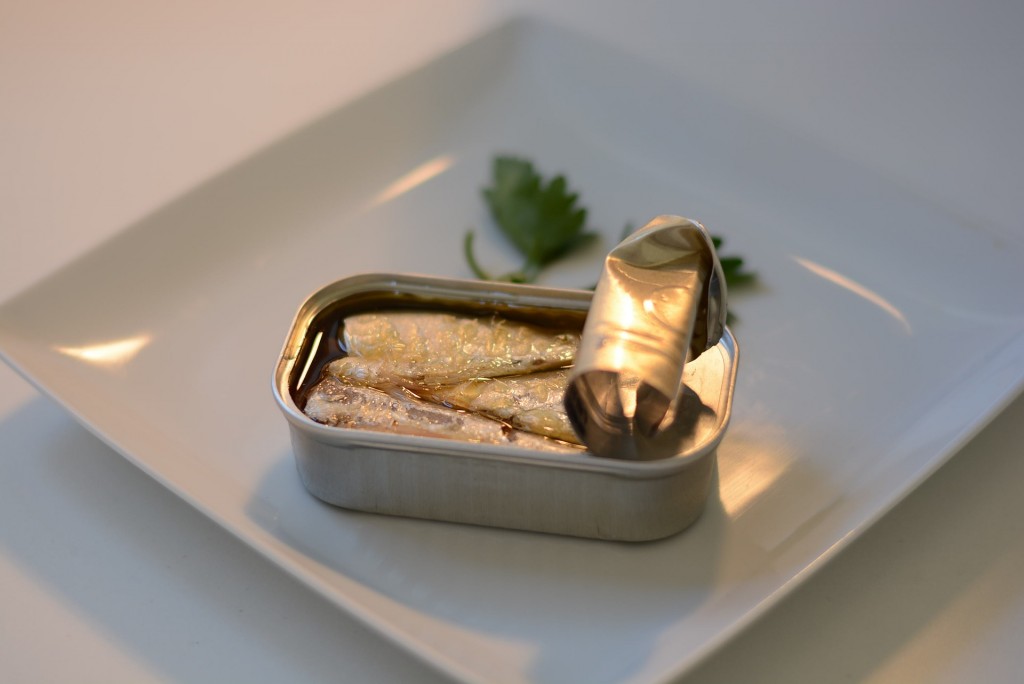 It is well known that fish is a source of vitamin D. In particular, fish oils contain vitamin D and when fish are consumed this vitamin D is absorbed and converted to the bioactive form of vitamin D, hydroxyvitamin D. It is therefore recommended that fish consumption increases as this provides a source of vitamin D to those who do not have access to strong sunlight year round. However, although fish is one of the best sources of vitamin D in the human diet, it is unlikely that fish can provide the amount of vitamin D required to optimise vitamin D intake. For example, in a meta-analysis of previous studies it was shown that increases in fish intake did improve the vitamin D status of the subjects. Fish intake increased 25-hydroxyvitamin D plasma levels by an average of 4.4 nmol/L (11 ng/mL). However, fish intake alone was not able to optimise vitamin D intake and therefore 25-hydroxyvitamin D status was not able to be optimised from a high fish intake in isolation.
It is well known that fish is a source of vitamin D. In particular, fish oils contain vitamin D and when fish are consumed this vitamin D is absorbed and converted to the bioactive form of vitamin D, hydroxyvitamin D. It is therefore recommended that fish consumption increases as this provides a source of vitamin D to those who do not have access to strong sunlight year round. However, although fish is one of the best sources of vitamin D in the human diet, it is unlikely that fish can provide the amount of vitamin D required to optimise vitamin D intake. For example, in a meta-analysis of previous studies it was shown that increases in fish intake did improve the vitamin D status of the subjects. Fish intake increased 25-hydroxyvitamin D plasma levels by an average of 4.4 nmol/L (11 ng/mL). However, fish intake alone was not able to optimise vitamin D intake and therefore 25-hydroxyvitamin D status was not able to be optimised from a high fish intake in isolation.

Fish is a good source of vitamin D, but high fish intakes are not as efficient as sunlight at raising plasma levels of the active form of vitamin D, 25-hydroxyvitamin D.
The study also showed that the type of fish was also an important determinant of the effect of fish intake of vitamin D status. For example, fatty fish were able to increase plasma 25-hydroxyvitamin D levels by an average of 6.8 nmol/L (17 ng/mL), whereas lean fish was only able to increase plasma 25-hydroxyvitamin D concentrations by 1.9 nmol/mL (4.8 ng/mL). The length of time for fish consumption also affected the change in plasma 25-hydroxyvitamin D. Studies of between 4 and 8 weeks increased plasma 25-hydroxyvitamin D concentrations by an average of 3.8 nmol/L (9.5 ng/mL), whereas long term studies of over 6 months increased plasma 25-hydroxyvitamin D concentrations by an average of 8.3 nmol/L (20.8 ng/mL). Therefore, increasing fish consumption is an effective way of increasing vitamin D status, and it is recommended that fatty fish be consumed over the long term for the greatest effect in this regard. However, during winter months supplements of vitamin D may still be necessary.
Eat Well, Stay Healthy, Protect Yourself
RdB
